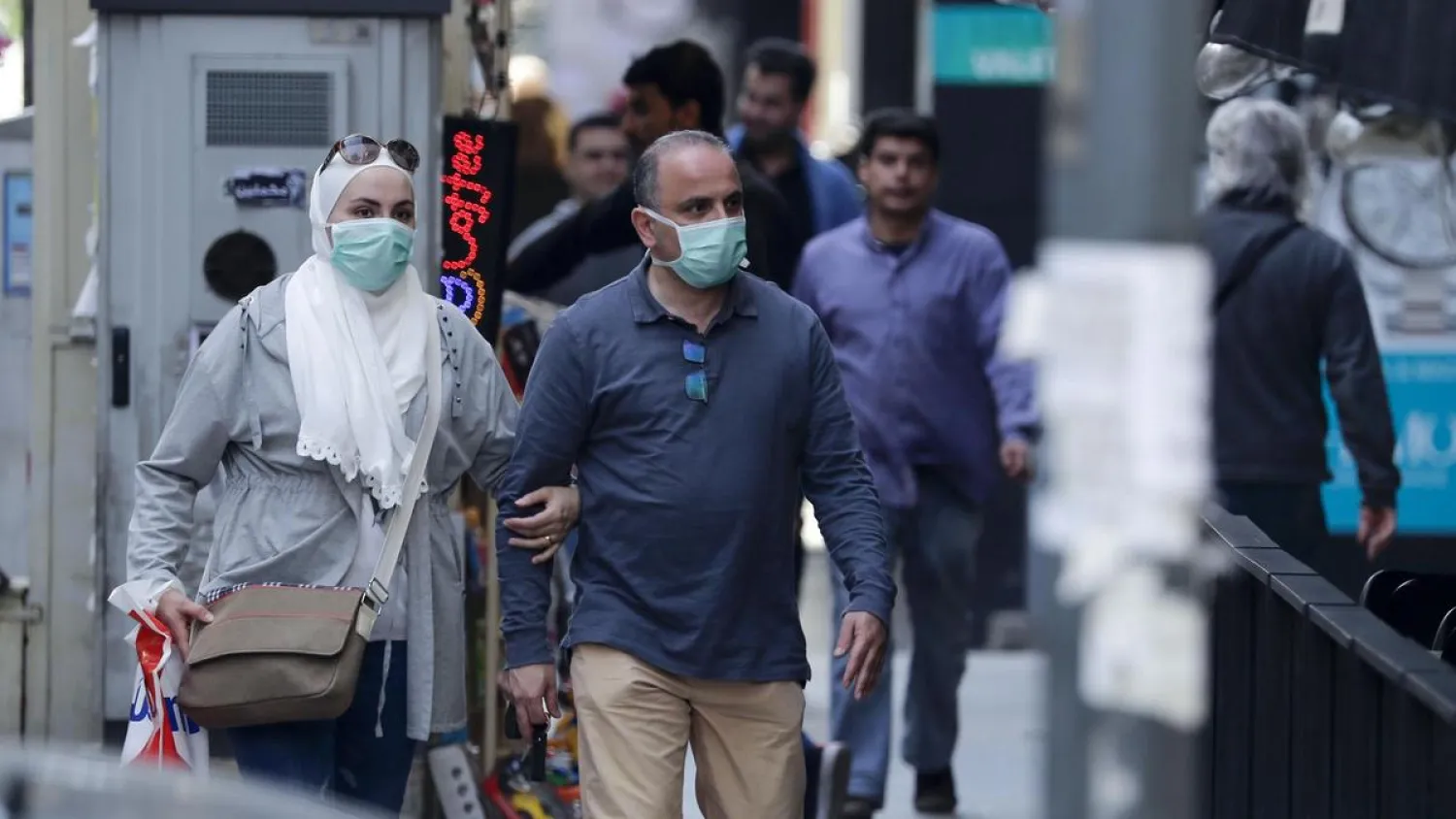The Ministry of Public Health said that Lebanon did not reach a dangerous phase, despite the noticeable increase in the number of coronavirus infections over the past week.
Eighteen new infections were recorded on Thursday, including three among repatriated citizens, which brought the cumulative number to 1,662 cases. The ministry is currently conducting massive PCR tests in areas that have seen a high number of infections.
In remarks to Asharq Al-Awsat, sources at the Health Ministry stressed that Lebanon has not reached a dangerous point in the virus outbreak, saying: “We are still in the containment period; even if there is a slight increase in the number of cases, this does not mean that we have reached the point of danger. This is because most cases are asymptomatic, and do not require hospitalization.”
The sources pointed out that stable numbers do not mean easing preventive measures, “because negligence may lead to bad repercussions.”
Meanwhile, two neighborhoods were isolated in the area of Ghobeiri within the Baabda district, as more than 20 infections were reported. The municipality, in cooperation with the Health Ministry, conducted one hundred PCR tests and distributed antiseptic products for families in home quarantine.
Concern prevailed in the Beddawi refugee camp in northern Lebanon after four new infections were recorded. Atef Khalil, the secretary of the Palestinian factions in the north, noted that the PCR tests conducted in the camp showed that there was no spread of the virus.
“There are no coronavirus cases within the camp, except for four cases from the same family working at the Tripoli Port and living in Beddawi,” he said.
The Tripoli Port administration announced that a medical team from the Ministry of Public Health carried out PCR examinations for more than 120 workers and employees, adding all the results were negative.









